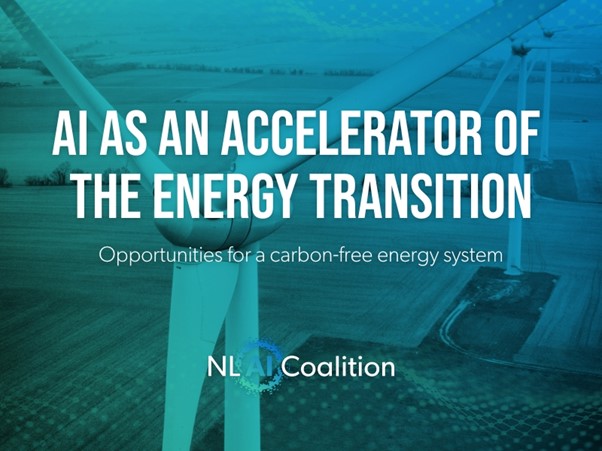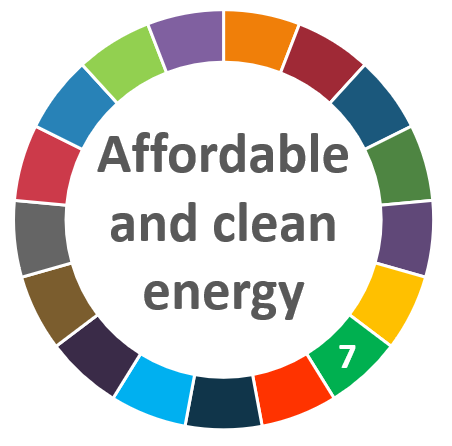
ΑΙhub.org
AI as an accelerator of the energy transition, opportunities for a carbon-free energy system

In the next ten years, the Netherlands aim to take major steps towards increasing the amount of renewable energy produced and the electrification of heat demand and mobility. This desire requires a complete and highly complex transformation of the energy system. The fossil, central energy system is changing into a decentralised system based on renewable energy. Algorithms and AI can make a significant difference in accelerating this transition and in achieving an efficient and sustainable energy system.
When making decisions about the energy transition, such as investing in infrastructure or placing renewable sources, much depends on predictions, often based on limited data, and there are many different interests. New AI techniques can support these kinds of investment and design questions in order to better base them on facts, take better account of multiple interests, and also better explain the choices made and related uncertainties. In addition, there are opportunities for AI in automating energy system operations, supporting energy services, and predicting and automating maintenance. The opportunities and challenges for AI in this context were mapped out in a position paper, “AI as an accelerator of the energy transition, opportunities for a carbon-free energy system“. This document provides a guideline for next steps in research and innovation, and can serve as a framework of reference for opportunities and challenges that we cannot yet foresee.
This paper is written on behalf of the working group on Energy and Sustainability from the Netherlands AI Coalition (NL AIC). The aim of this working group is to support the development of new AI solutions for challenges in the energy sector and around sustainability and thereby stimulate the Dutch economy. This is achieved by bringing together expertise in AI and from the relevant sectors, and by supporting new collaborations to tackle these types of challenges. Please visit this page for more information.
Reference
The position paper “AI as an accelerator of the energy transition, opportunities for a carbon-free energy system“ is written by Pallas Agterberg, Maarten Bijl, Johann Hurink, Han La Poutré, Gerdien van de Vreede, Mathijs de Weerdt and Tijs Wilbrink on behalf of the working group Energy and Sustainability of the NL AIC.

tags: Focus on affordable and clean energy, Focus on UN SDGs










